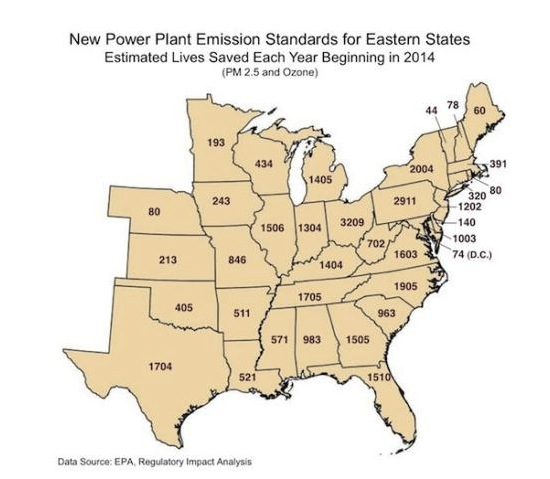The latest numbers from the Labor Department are out, and the jobs picture is ugly — the private sector is stagnant, and government is laying off workers in droves. Good thing we've got our Yankee ingenuity and forward-thinking leaders to help us dig out of this hole! Except, oh wait, it appears we're busy exporting jobs in the only industries that are expected to experience significant growth in the 21st century.
For example, America just lost approximately 1 million jobs to Europe simply because Boeing has been unwilling to invest in fuel efficiency as aggressively as Airbus, which is now mopping the floor with the once-great aeronautical engineering giant. This trend shows up in every industry: whether it's automobiles or building materials, the U.S. has simply ceded the lead in efficiency, and therefore employment, to overseas competitors who are more focused on the future.
It used to be that building things that used less materials and energy was the environmentally responsible thing to do. Now, as all resource inputs become increasingly expensive, it's also the fiscally responsible thing to do. But while countries like China and the E.U. make sure there are extensive rewards for energy and resource efficiency, in the U.S. the incentives are erratic at best. Now that fiscal austerity is the main dish at every political banquet, it's likely we're going to ship even more jobs overseas — that we will, in essence, cede the entirety of the world's growth industries to China.
It's not all bad news, though. The U.S. is still home to quite a few forward-thinking firms and investors, who build everything from fuel efficient vehicles to wind turbines. Already, the U.S. solar industry employs more people than our steel industry, and California's green industry is growing three times as fast as its tired old brown one.



